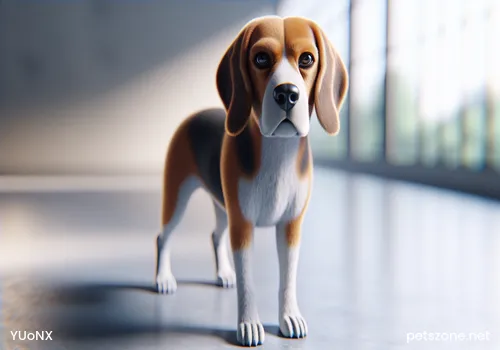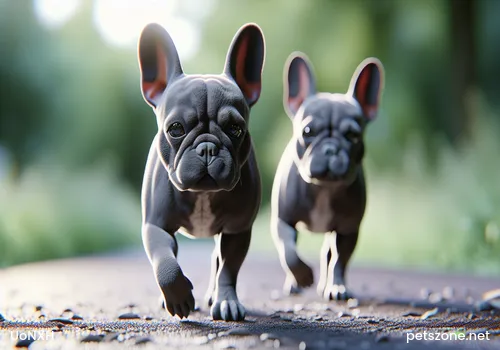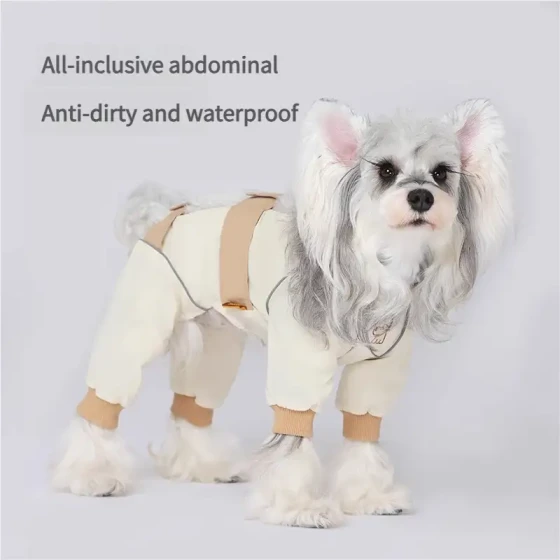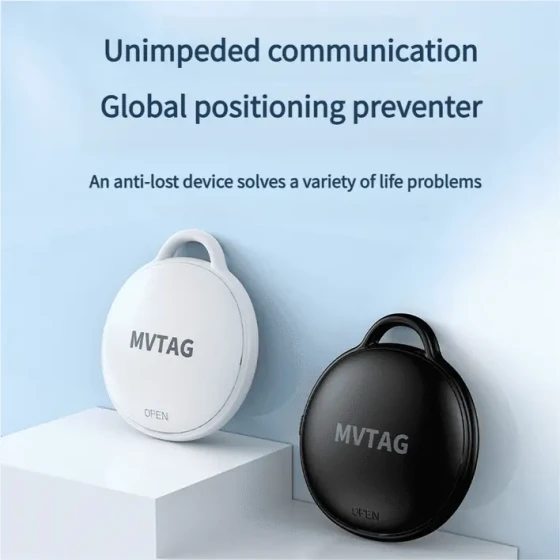Should Dogs Be Given Ice Water
Many pet owners are told: never give dogs ice water! But is feeding dogs ice water really safe?
If you conduct an online survey about whether dogs can be given ice water, you will find many answers and even contradictory information. In recent years, it has been more recommended that even if your dog is panting under the scorching sun, you must never give it ice water. But what is the reason behind this?
First of all, if dogs are given cold water, they are prone to gastric bloat, which can lead to gastric dilation and volvulus (GDV). Medically, GDV is the expansion of the stomach accompanied by rotation around the mesentery axis, which obstructs the pet's blood supply. Improper treatment can cause necrosis of the stomach wall and in severe cases, death.

Do not let dogs drink ice water
Gastric dilation and volvulus is actually a serious acute disease in veterinary medicine, but is this disease caused by drinking cold water? The answer is no. The main cause is that dogs swallow too much water quickly and also swallow a lot of gas at the same time.
We also know how refreshing it is to give dogs some ice water when they are panting after playing. But to avoid gastric dilation and volvulus as much as possible, it is best not to feed ice water, unless your dog is so hot that it becomes lethargic.

Giving dogs too much water at once is very dangerous. Usually after a dog drinks a large amount of water too eagerly and quickly, it will vomit. If it does not vomit, you should worry about gastric bloat. Or think this way: how do you feel when you drink a big glass of ice water at once when you feel very hot? This chill usually brings pain and discomfort. It may be harmless, but it will definitely cause pain for you or your dog.
On the other hand, it can cause broken teeth. We have seen many such cases in clinical practice. Although tooth fractures are not always caused by ice, many dogs break teeth by chewing ice cubes. This usually causes great pain to the dog and requires surgical tooth extraction, so pet owners should definitely not take this risk.
Excessive cold can also cause vasoconstriction. Feeding dogs cold water when you want to cool them down will not only fail to lower their temperature, but also inhibit heat exchange and nutrient absorption. Cold water will slow down cellular metabolism, suppress muscle contractions in certain organs (and related nerve activity). Coldness and constriction also affect lymphatic activity, thereby impacting immune function.

If your dog feels very hot continuously, it may signal other problems. Many of these problems can sometimes be resolved through diet. For example, feeding some warm-natured foods (chicken) or cool-natured foods (fish). If the body temperature remains abnormal, it is time to see a veterinarian.



-560x560.webp)
-560x560.webp)
